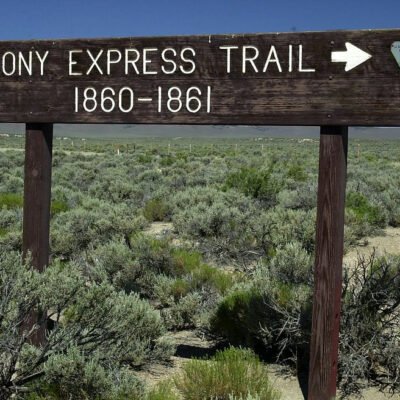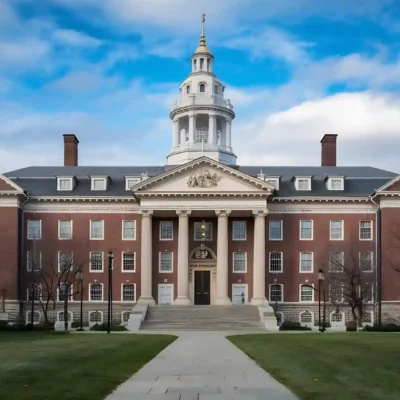In a historic move, Louisiana residents and local governments have taken a bold stand against some of the world’s largest oil companies, accusing them of devastating the state’s coastal wetlands. This landmark climate case, one of the most significant environmental lawsuits in recent U.S. history, is shining a spotlight on the urgent issue of coastal erosion and the role of the fossil fuel industry in accelerating environmental destruction. With Louisiana’s wetlands disappearing at an alarming rate, this legal battle could set a precedent for holding oil giants accountable for their contributions to climate-related damages across the nation.
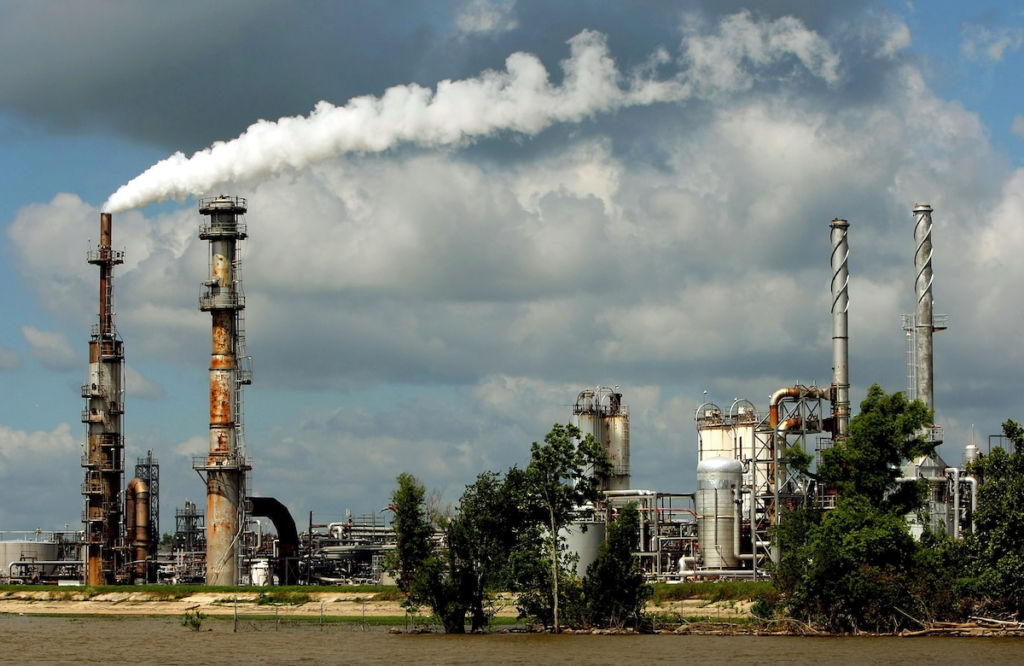
The Stakes: Louisiana’s Vanishing Coastline
Louisiana’s coastal wetlands are a critical natural resource, serving as a buffer against hurricanes, supporting diverse ecosystems, and sustaining local communities that rely on fishing and tourism. According to the U.S. Geological Survey, the state has lost more than 2,000 square miles of land over the past century, with projections estimating another 3,000 square miles could vanish in the coming decades if current trends continue. This rapid land loss is driven by a combination of factors, including climate change, sea-level rise, hurricanes, and human activities like oil and gas operations.
The wetlands’ decline has left coastal communities increasingly vulnerable to flooding and extreme weather. Canals dredged for oil and gas infrastructure have disrupted natural water flows, while drilling and wastewater dumping have degraded soil and vegetation. These activities, plaintiffs argue, have directly contributed to the erosion of marshes and swamps that once protected the region. For residents like Tammy Gremillion in Lafitte, the loss of wetlands is deeply personal, as it threatens their homes and livelihoods. The Independent
The Lawsuit: A Fight for Accountability
The most high-profile case in this wave of litigation came to a head in April 2025, when a Plaquemines Parish jury ordered Chevron to pay $744.6 million for damages caused by its subsidiary, Texaco, to southeast Louisiana’s coastal wetlands. The verdict, the first of 42 similar lawsuits filed over a decade ago, found that Texaco violated state regulations by failing to restore wetlands impacted by dredging canals, drilling wells, and dumping billions of gallons of toxic wastewater into marshes. This ruling is a significant victory for coastal parishes seeking to hold oil companies accountable for environmental destruction. AP News
The lawsuit, filed in 2013 by attorney John Carmouche on behalf of Plaquemines Parish, accused Chevron of neglecting its legal obligation to remediate the damage caused by its operations. The jury’s decision, reached after just four hours of deliberation, could pave the way for billions of dollars in damages across dozens of similar cases. These lawsuits collectively aim to force oil companies to fund restoration projects that comply with Louisiana’s coastal master plan, a comprehensive strategy to rebuild and protect the state’s coastline. The Guardian
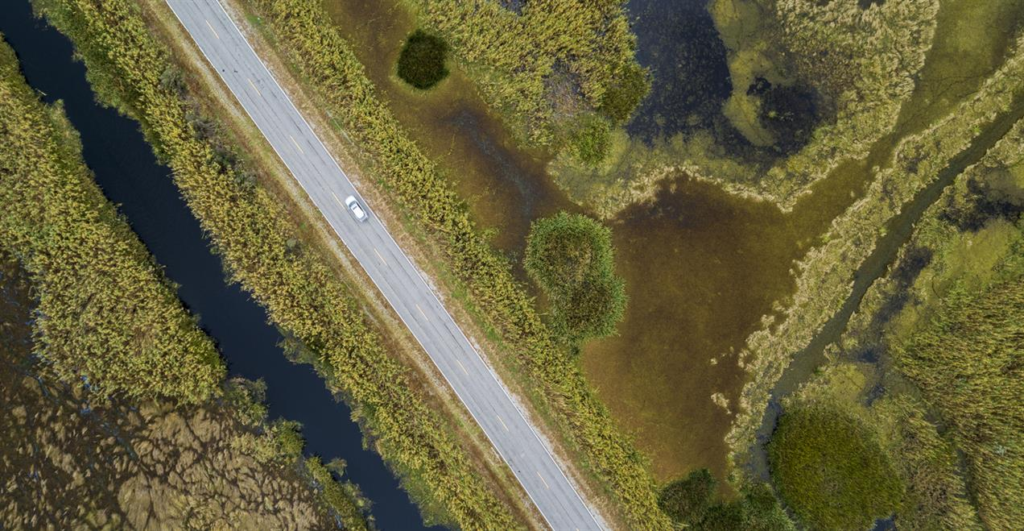
Why This Case Matters
This landmark trial is more than a local issue—it’s a test case for how the U.S. addresses the environmental and economic toll of fossil fuel activities. Louisiana’s coastal parishes, including Plaquemines, Jefferson, and St. Bernard, have been at the forefront of this legal battle, but the implications extend far beyond the state. Similar lawsuits are underway in states like California, New Jersey, and Vermont, where governments are seeking to hold oil companies liable for climate-related damages such as wildfires, rising sea levels, and severe storms.
The Supreme Court’s decision in January 2025 to allow Honolulu’s climate lawsuit against oil companies to proceed further underscored the growing momentum for such cases. By declining to hear appeals from oil and gas companies seeking to block these lawsuits, the court signaled that states and local governments have the right to pursue financial compensation for climate damages. This ruling has emboldened plaintiffs in Louisiana and elsewhere, reinforcing their argument that fossil fuel companies have long deceived the public about the environmental impact of their operations. AP News
The Oil Industry’s Defense
Oil companies, however, are not backing down. Chevron has announced plans to appeal the Plaquemines Parish verdict, arguing that the damages awarded are excessive and that other factors, such as climate-driven sea-level rise and Mississippi River levees, are primarily responsible for wetland loss. Mike Phillips, Chevron’s attorney, emphasized that the company complied with existing regulations and that the broader issue of coastal erosion is a complex problem requiring a multi-faceted solution.
Industry advocates, like Tommy Faucheux of the Louisiana Mid-Continent Oil and Gas Association, have warned that such lawsuits could harm the state’s economy. Louisiana’s oil and gas sector is a major employer and revenue source, and critics argue that massive penalties could deter investment and job creation. Some, including Governor Jeff Landry, have expressed concern that the litigation could “destroy” the Gulf energy industry, a vital economic driver for the region. Fox News
Community Voices and Environmental Justice
For Louisiana residents, the fight is about more than money—it’s about survival. Coastal communities, particularly those in areas like “Cancer Alley,” a stretch along the Mississippi River known for its high concentration of industrial facilities, face disproportionate health and environmental risks. Lydia Gerard, a resident of Laplace, lives near a synthetic rubber plant that the Biden administration sued for posing a public health hazard due to chloroprene emissions. Her story, and those of countless others, highlights the human cost of environmental degradation. Reuters
Conservation groups and local advocates see these lawsuits as a critical step toward environmental justice. The wetlands not only protect against storms but also support biodiversity and cultural traditions tied to fishing and shrimping. The Lowlander Center, a nonprofit focused on coastal communities, has emphasized that oil and gas canals have disrupted natural ecosystems, making restoration efforts urgent. Meanwhile, projects funded by the $20 billion Deepwater Horizon settlement, such as wetland restoration in Lake Borgne, have shown progress but are not enough to address the scale of the crisis. The Independent
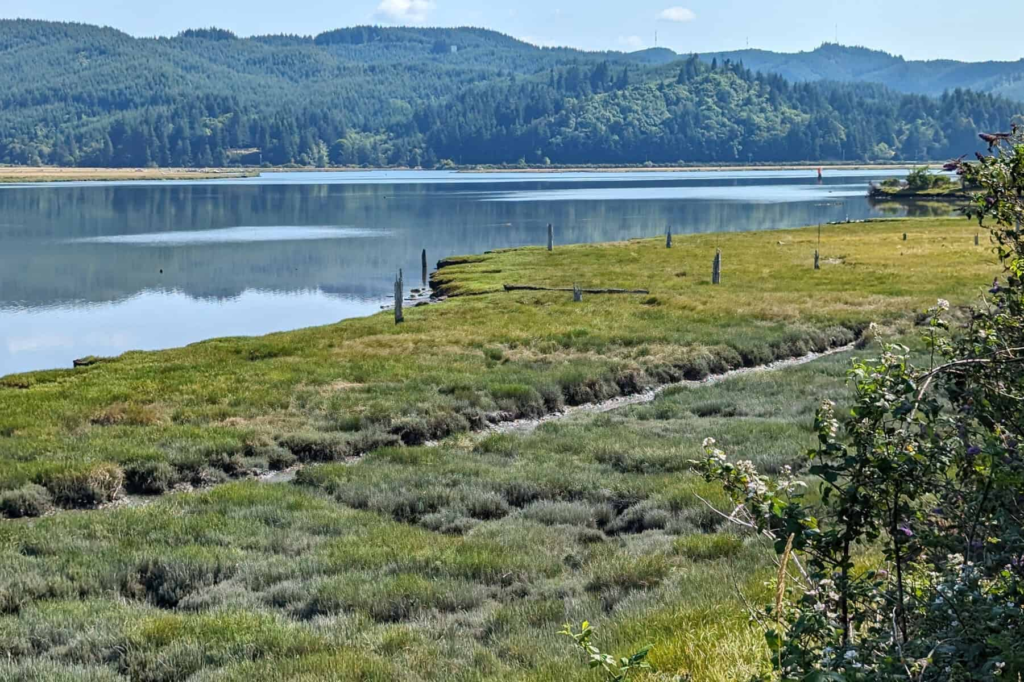
Challenges and Controversies
The lawsuits face significant hurdles. Chevron’s appeal could delay or reduce the $744.6 million payout, and the oil industry’s political influence in Louisiana complicates the path forward. Some scientists, like wetlands ecologist Robert Turner, argue that canal dredging, rather than climate change or levees, is the primary driver of land loss. This perspective has sparked debate over solutions like using treated sewage to restore wetlands, a method that has divided experts and communities. Louisiana Illuminator
Additionally, the oil industry’s economic importance creates tension. While coastal advocates celebrate the verdict as a lifeline for restoration, business groups warn of economic fallout. The balance between environmental accountability and economic stability remains a contentious issue, especially in a state where oil and gas have long been a cornerstone of the economy.
Looking Ahead: A Precedent for Change?
The Plaquemines Parish verdict is a turning point, but it’s only the beginning. With 41 other lawsuits pending, the oil industry could face tens of billions in damages if similar rulings follow. These funds could transform Louisiana’s coast, supporting projects to rebuild marshes, restore barrier islands, and protect communities from future storms. Beyond Louisiana, the case could inspire other states to pursue legal action against fossil fuel companies, reshaping the national conversation on climate accountability.
For now, Louisiana’s residents are watching closely. The wetlands they cherish are more than just land—they’re a way of life. As John Carmouche, the lead attorney, put it, “This type of funding could be a lifeline, helping us do the work that will benefit everyone who depends on healthy wetlands.” Whether this landmark case will deliver lasting change remains to be seen, but it has already sent a powerful message: the era of unchecked environmental harm may be coming to an end.
Best Article :- Consumer Confidence Reaches New Heights in 2025 as Americans Feel Optimistic About the Future


